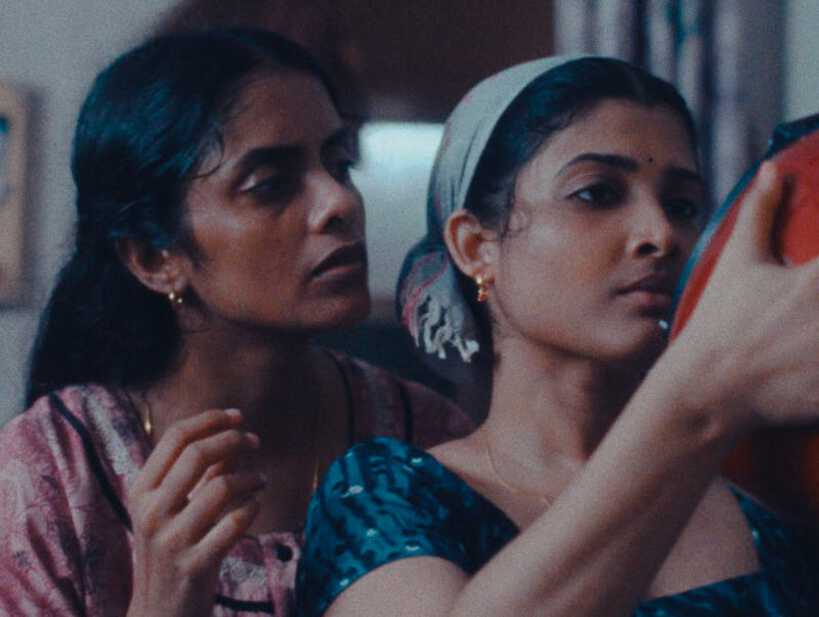
When India selected "Laapataa Ladies" as its official Oscar film entry, the accompanying citation sparked controversy. The Film Federation of India's statement, although clumsily worded, acknowledged the portrayal of submission and dominance of Indian women in Kiran Rao's film and two other notable films from 2024. These films shed light on the dichotomy rooted in patriarchal settings.
"Laapataa Ladies" is set in rural North Indian villages, where women face subjugation. The film showcases dowry demands, reliance on male figures, and the ghoonghat bridal veil that symbolizes the suppression of women's identities. The patriarchy is not solely perpetuated by men, as Jaya's flashback reveals her mother's opposition to her education and freedom. Jaya's motives are constantly questioned and she is monitored after being accidentally swapped with Phool on a train.
Similarly, Payal Kapadia's "All We Imagine as Light" depicts the struggles of two Malayalee nurses, Prabha and Anu, who face familial expectations that hinder their romantic lives. Prabha's arranged marriage turns out to be a disappointment, while Anu rebels against her family's attempts to set her up. The film captures their yearning for freedom within the confines of society.
Shuchi Talati's "Girls Will Be Girls" focuses on a mother-daughter relationship, where Mira and her mother Anila embody elements of rebellion and obedience. Mira, a model student, grapples with her desires and the rules she has always followed. Meanwhile, Anila, discontent in her arranged marriage, finds solace in her interactions with Mira's love interest.
These films showcase the versatility and resilience of women under a male-dominated system. They demonstrate the struggle between adhering to societal expectations and pursuing personal desires. Despite the different paths taken by the characters, their journeys are equally transformative and significant.
It is important to recognize that women continue to face criticism and downplaying of their achievements, such as Olympic archer Deepika Kumari. However, Indian independent cinema reminds us that even small acts of feminism can make a difference. Whether it is Phool's self-worth, Anu's pursuit of happiness, or Mira's desire to challenge societal norms, there is always room for women to stand up for themselves against the patriarchy.



















